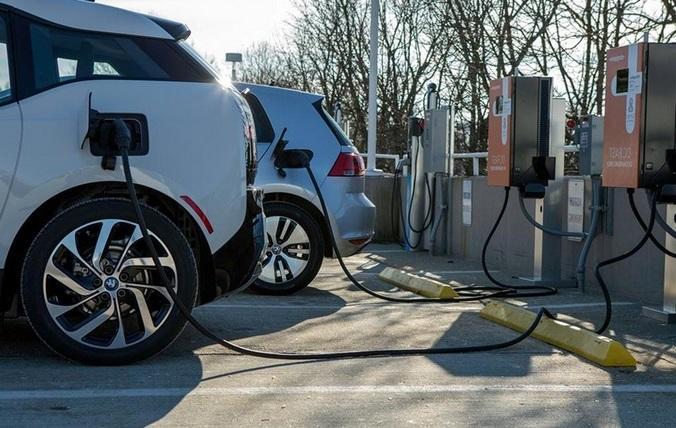Which combination in transport to affect energy demand?

By Trend
The net impact – on energy use and on oil demand – of disruptive change in transport will come from a combination of automation, electrification, and shared mobility (ride-hailing, ride sharing, and car-sharing), Anupama Sen, Senior Research Fellow at Oxford Institute for Energy Studies, told Trend.
It depends on questions such as: what will the regulatory environment be; what sort of governmental push will we get towards EVs; what are the fiscal implications of that; and, how will social preferences evolve, according to the expert.
Sen pointed out that there are various projections published by many agencies which show a wide range of variation in their projected forecasts for the growth of EVs. "All such projections basically boil down to the assumptions which go into the scenarios, and whether it can be said with certainty which of these will play out."
The interactions between automation, electrification, and shared mobility (also known as the 'three revolutions') are not clearly understood, which accounts for some of the very low projections by some oil companies of the impact of EVs on oil demand in transport, noted the expert.
" It is, however, clear that the metric that will determine the net impact on energy is not the absolute number of EVs, but Vehicle Kilometres Travelled (VKT; also Vehicle Miles Travelled or VMT) as the three disruptions (EVs+automation+ride sharing) will manifest in the ways in which they change peoples’ travel behavior," she said.
Sen pointed out that automation on its own is likely to massively reduce the cost of travel, but there is likely to be a ‘rebound effect’; in other words, if automated travel becomes so cheap that there is no longer any incentive to ride-share, this could lead to an increase in VKT and consequently in energy use and emissions.
Here we are to serve you with news right now. It does not cost much, but worth your attention.
Choose to support open, independent, quality journalism and subscribe on a monthly basis.
By subscribing to our online newspaper, you can have full digital access to all news, analysis, and much more.
You can also follow AzerNEWS on Twitter @AzerNewsAz or Facebook @AzerNewsNewspaper
Thank you!
